Watch this:
Notice anything? The idea of the ad is empowering—and that's great! That everyone—kids and adults alike—have access to the tools to create something great. It's at the heart of everything Apple has stood for over the past 40 years—all the way back to Steve Job's idea of the computer as a "bicycle for the mind."
Here he is explaining the idea:
But there's a problem. Because in this ad, nearly every single person of authority is a man. Men in power—validating this girl's video.
News Editor:
Professor:
Studio Executive:
Hollywood Agent:
Professor (again):
Award Show Host:
In fact, there is just one woman of authority presented in the 60-second commercial—but she seems to be edited out of the shorter versions of the ad spots that have run on web video services like Hulu.
Museum Curator:
Someone at Apple created this advertisement. Someone at Apple thought of men in these roles before they thought of women. And so will millions of people who see this ad. It will be just another confirmation of men in positions of authority, and of women vying for their attention and praise.
This matters. A lot. Because if you're showing kids a world where only men have authority, or only white people, or only straight people, or only people of a certain age and disposition—that's the world they're going to grow into.
This is why it matters that we finally have some movies with female protagonists.
This is why it matters that we finally have a President who is not white.
And this is why it will matter so much when we finally have one who isn't a man.
Tim Cook, the CEO of Apple (and the first CEO of a Fortune 500 company who is openly gay) said that Apple’s “commitment goes beyond the products themselves…to the role we play in demanding and promoting equality.”
Promoting equality isn't just about having a woman or a girl as the subject of your ad. It's about the world that girl exists in. Is it a world where authority figures are representative of all people? Or a world ruled by white men?
Unfortunately, the world we live in today is ruled way too much by men. But is this the world we want to celebrate? Is this the world we want to promote and advance?
How could this happen?
Apple itself isn't diverse enough. The company more than admits it—every year, they report on their progress towards this goal. But every year, more men stand up on their keynote stage than women. And every year, from companies far and wide, advertisements like this make their way to the public without a peep of criticism.
It's not just Apple's fault. Before writing this, I did a quick search to see if the ad had been tagged as sexist by someone else. If someone else had seen it, maybe I could just retweet or reblog their post. But I couldn’t find it. I couldn't even find it in six pages of comments related to these ads on the MacRumors online forum.
That's not surprising. This kind of sexism is everywhere because on the face of it, this is a perfectly good-humored ad. The sexism might even be dismissed as subtle and harmless. But there is nothing subtle about it—literally everything about the world presented in the ad is sexist. That shouldn't be subtle to people anymore. We shouldn't accept these weak excuses anymore. The sheer force of this kind of sexism is overwhelming.
It's the kind of sexism that assumes girls grow up to be nurses and men grow up to be doctors.
It's the kind of sexism that assumes girls want to play with dolls and boys want to build.
It's the kind of sexism that approves of conference panels filled with men. Or policy podcasts dominated by interviews with men:
Apple probably didn't mean to advance a sexist world. But it doesn't matter what they meant to do, it matters what they did—and what they did was present a sexist world. That stands in the face of everything Tim Cook believes in—and everything their diversity efforts are trying to promote.
Apple should—today—pull the ad. But they should do so publicly, not quietly. To begin a conversation about how this happens, and to discuss how everyone can work to change it.
The world we project to people matters. The language we amplify, the images we choose—the assumptions we make are all products of our experience. For millennia that experience has been dominated by men, but that doesn't mean our future has to be. Laws and regulations and policies make a difference, but so do the stories we tell—and how we tell them.
Computers may be bicycles for the mind, but it's worth remembering that even bicycles can perpetuate outmoded ideas of gender. For example—that bar that's lower on "ladies" bicycles than men's? It's lower to accommodate women wearing dresses and skirts—because that's what women were expected to wear in the early days of bike design. That’s how men expected women to ride in the past.
What do we expect today? What from bicycles? What from Apple? What from the products we make, the promotions we share, and the world we celebrate?













